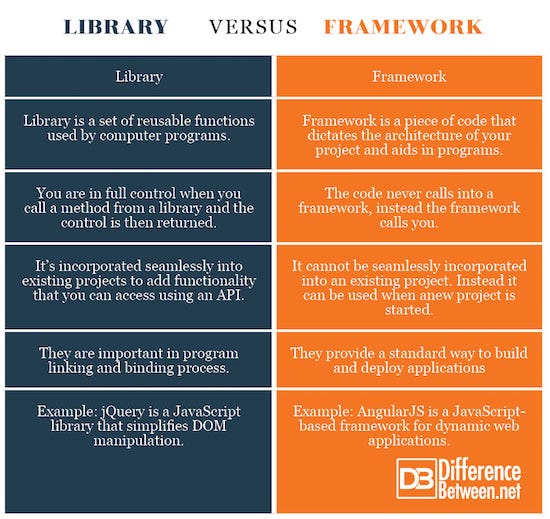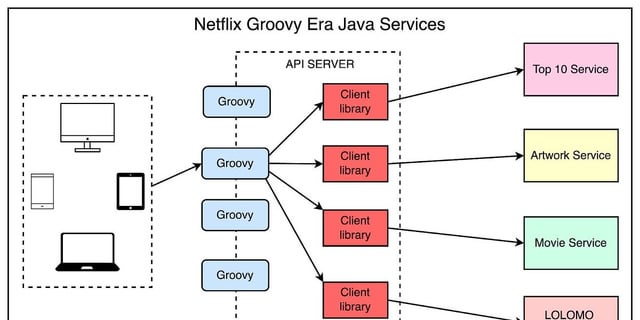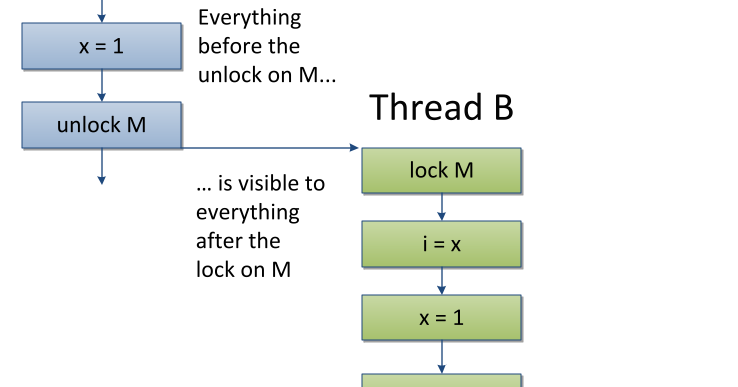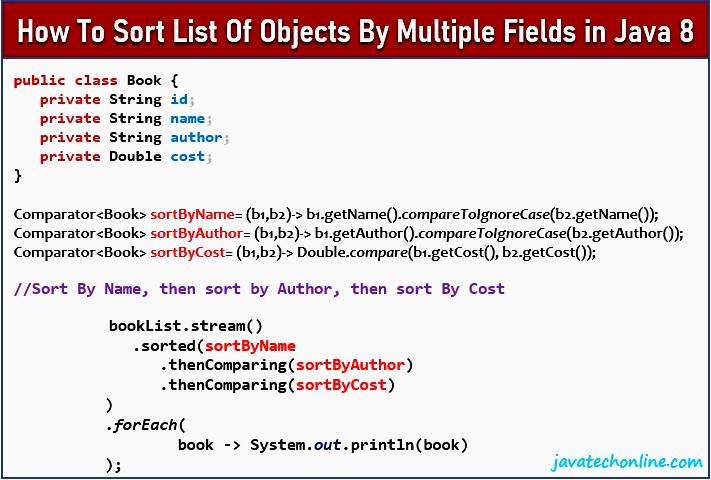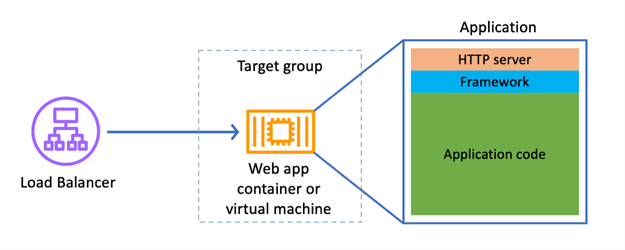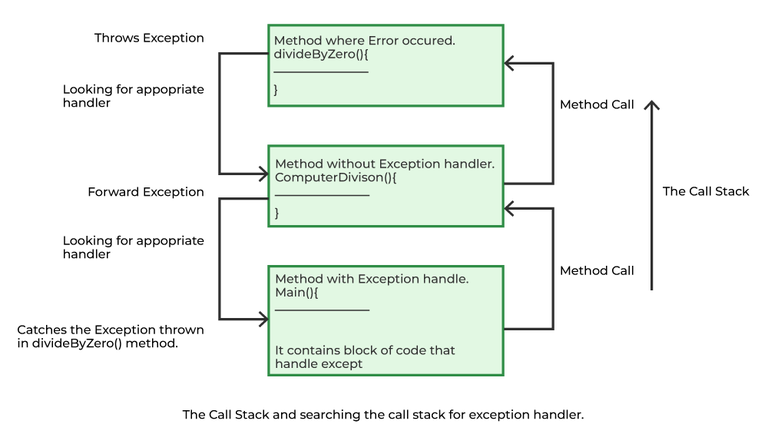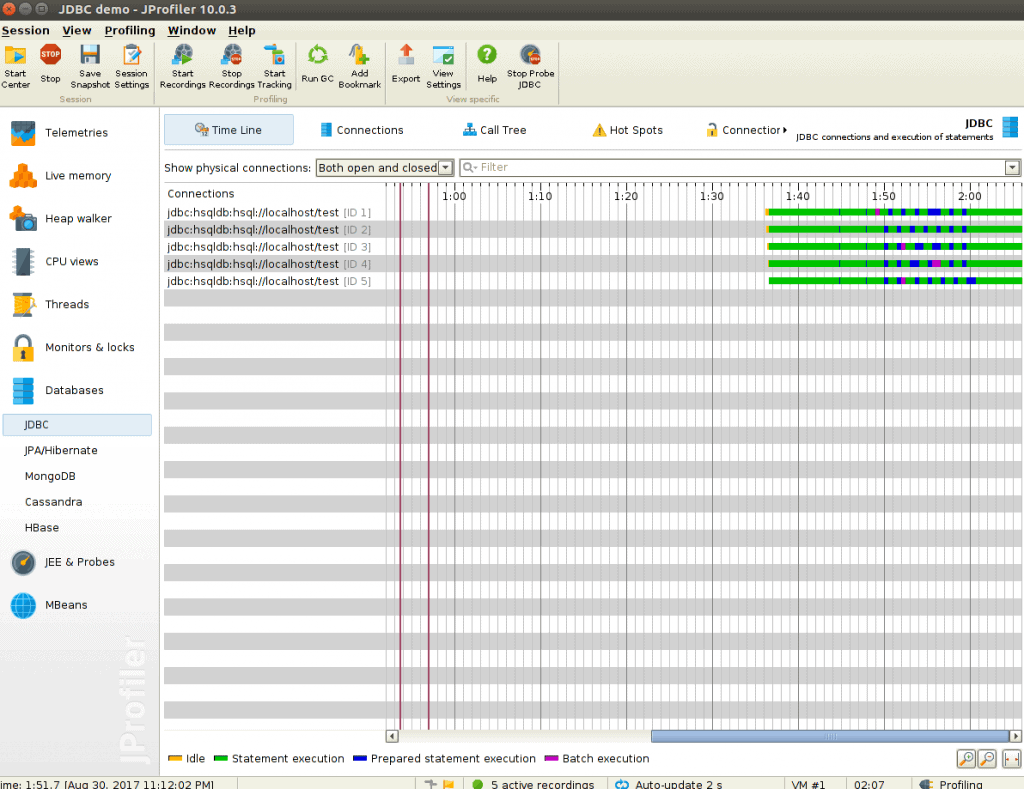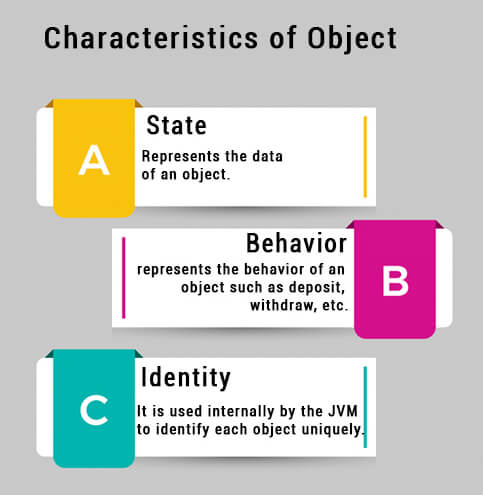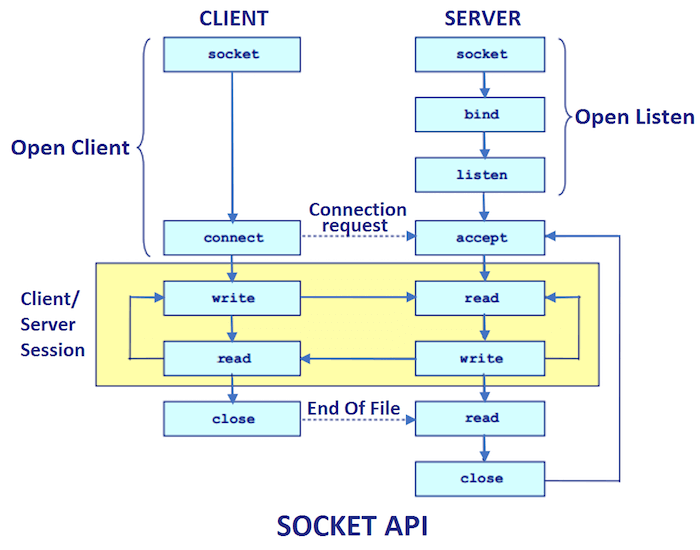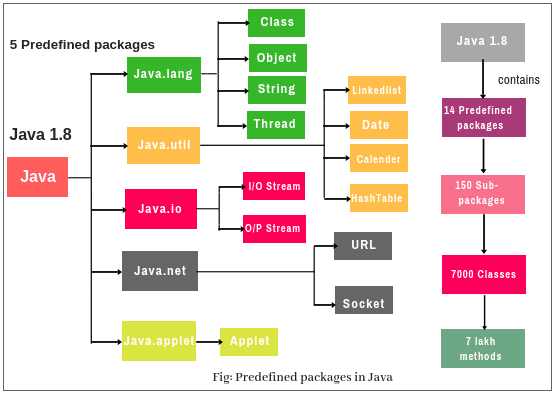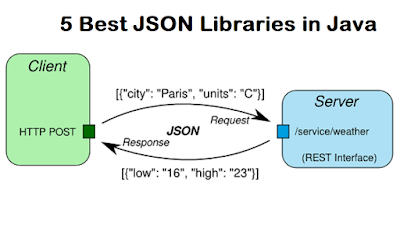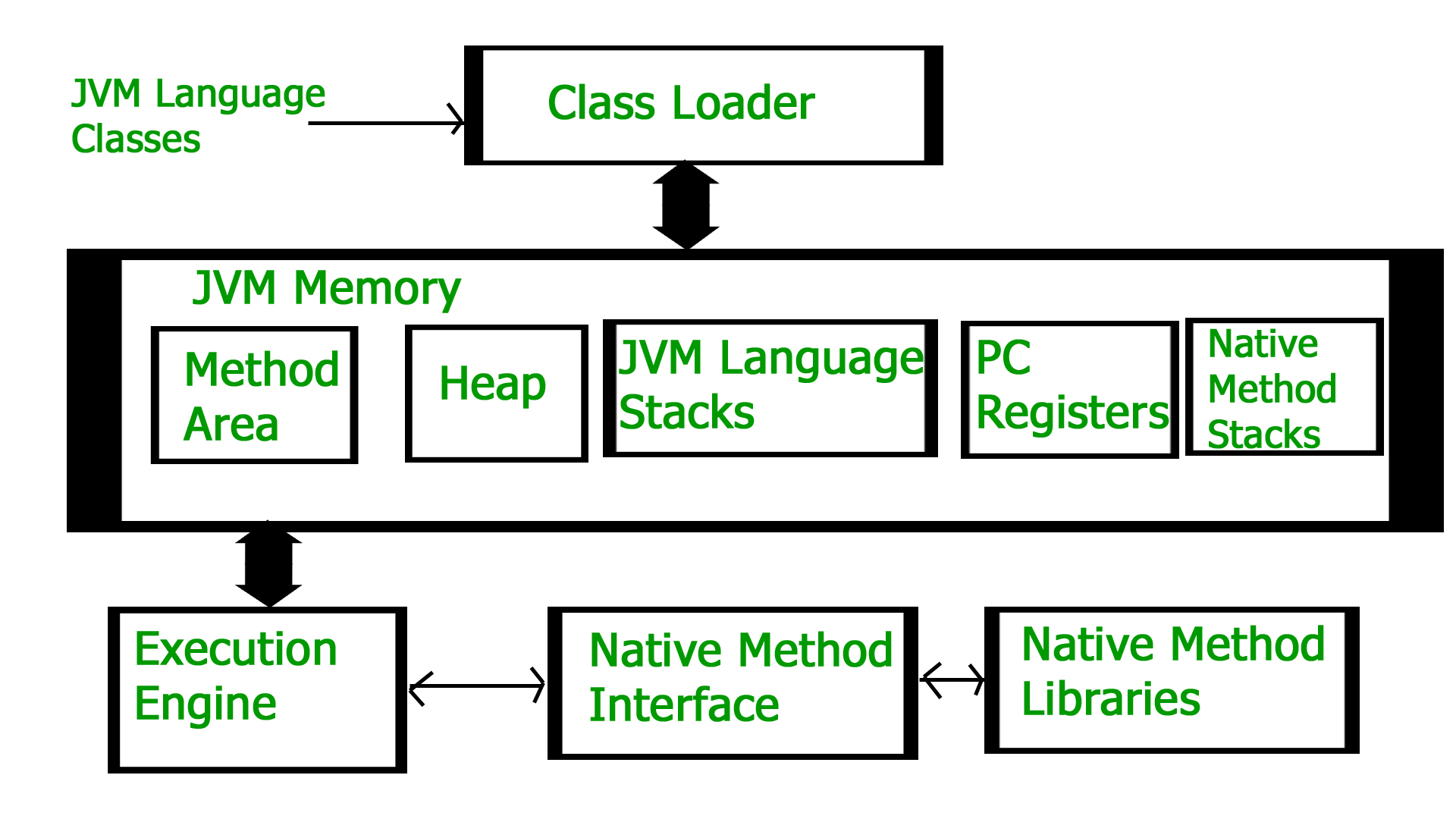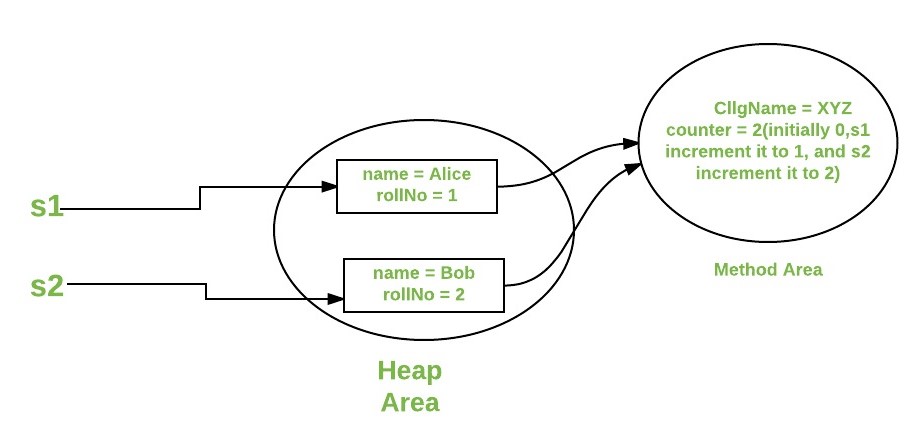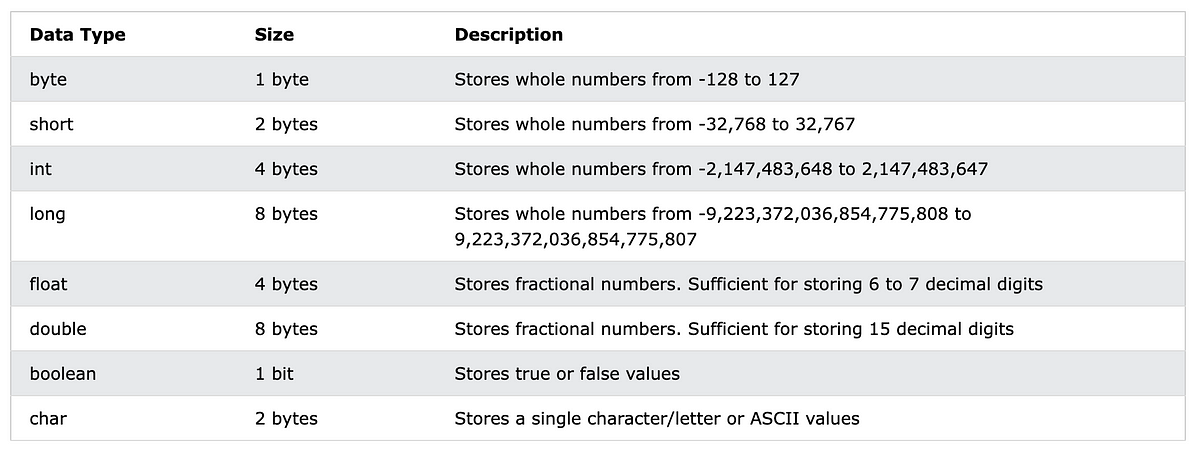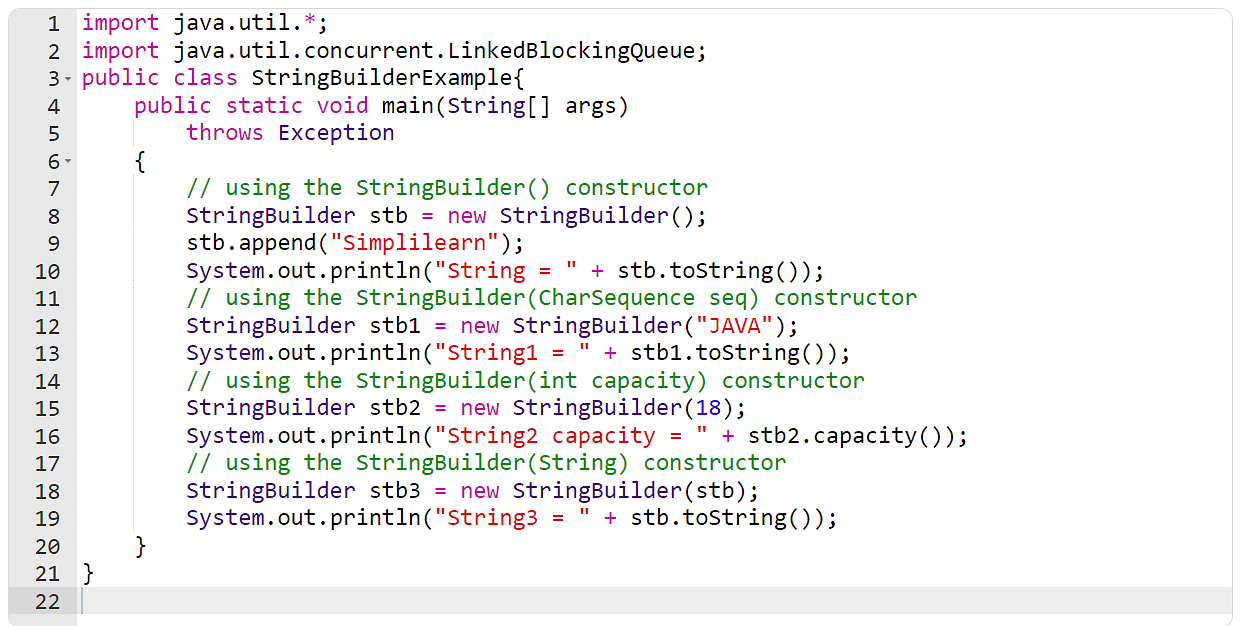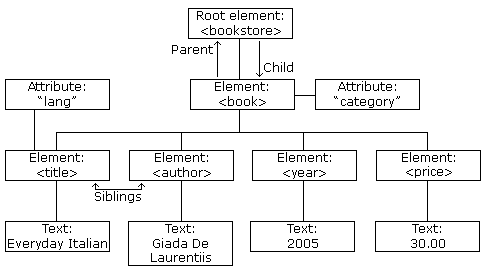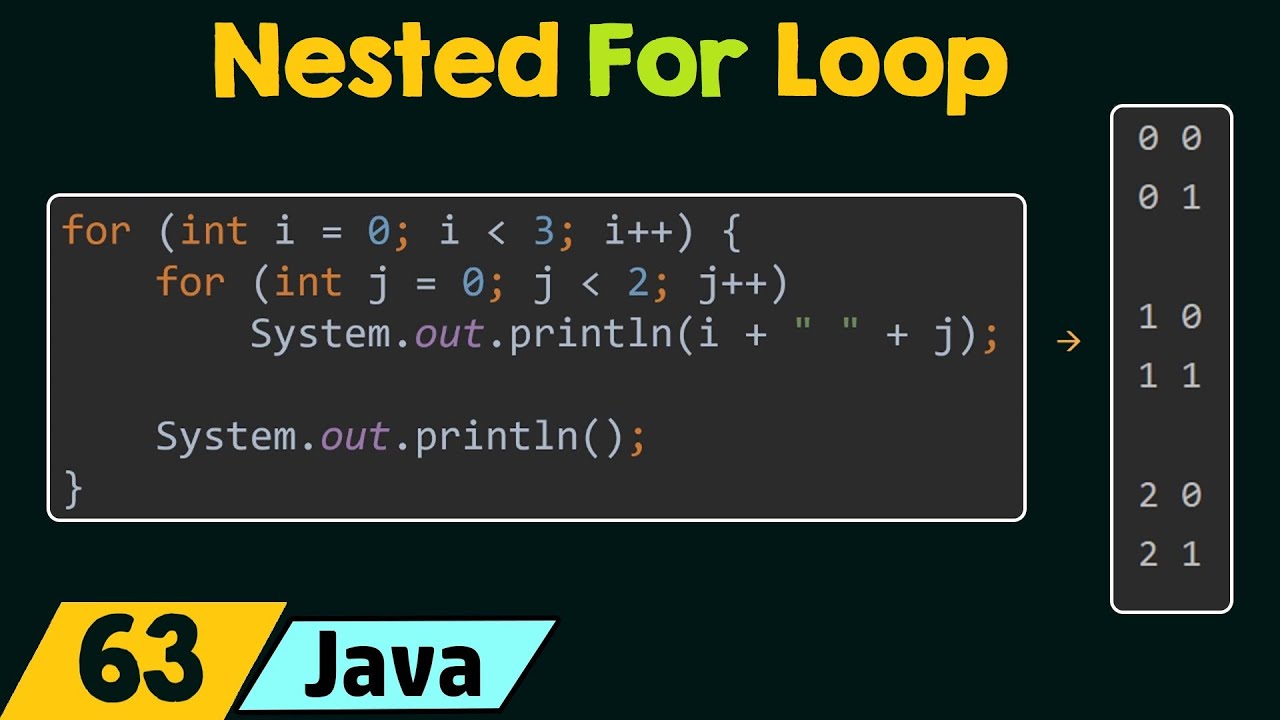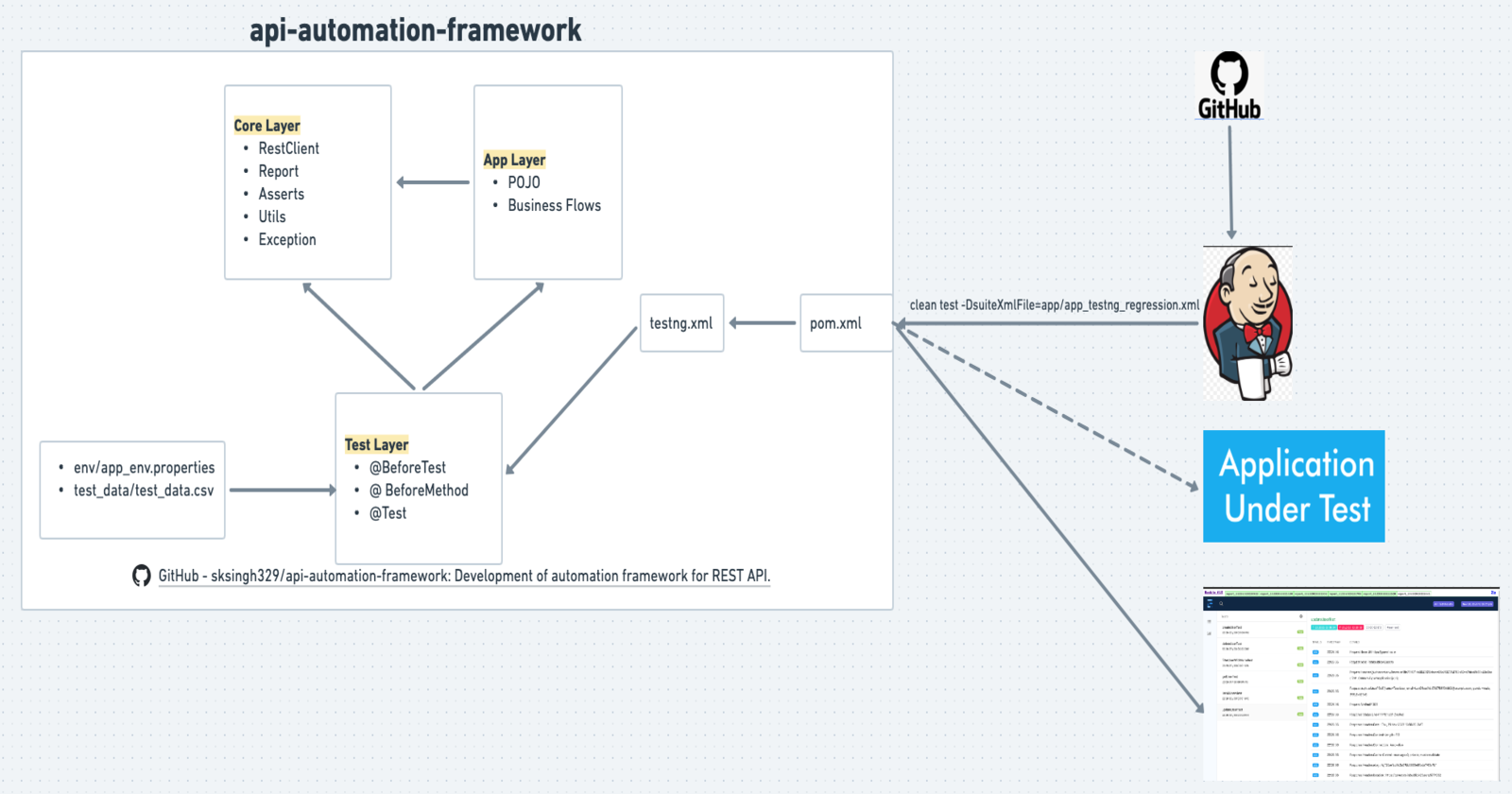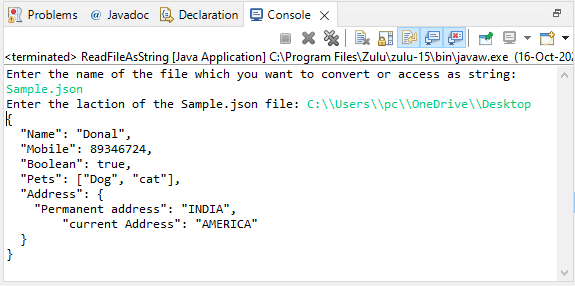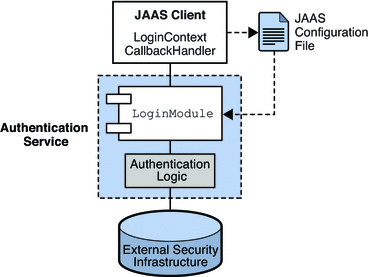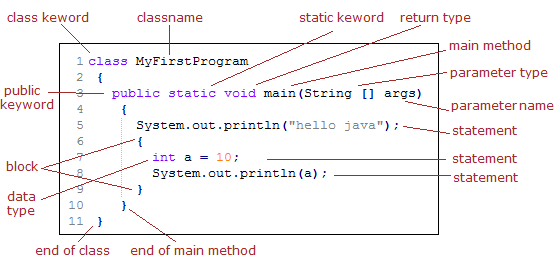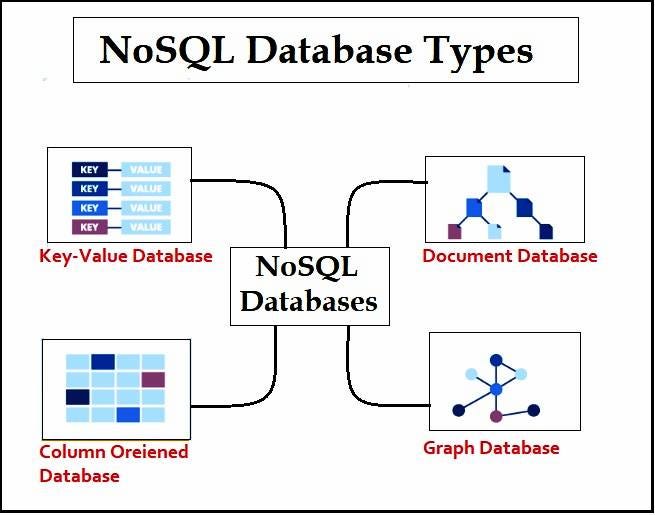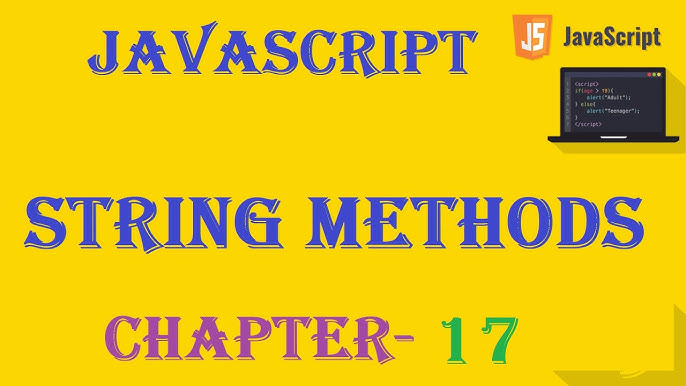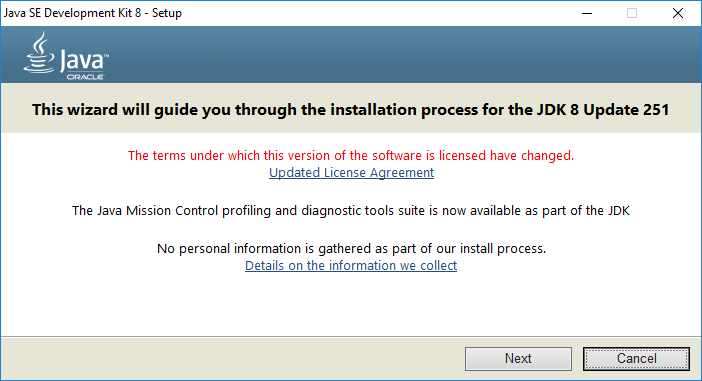Java naming conventions cheat sheet
Java naming conventions cheat sheet
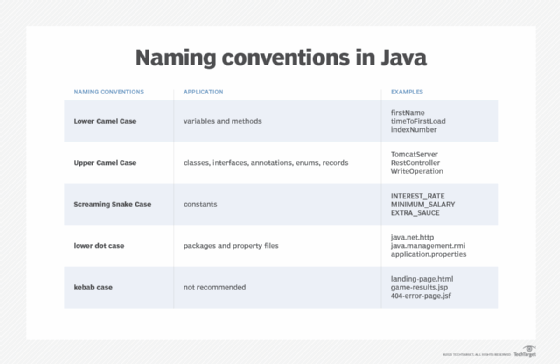
Here's a comprehensive Java naming conventions cheat sheet:
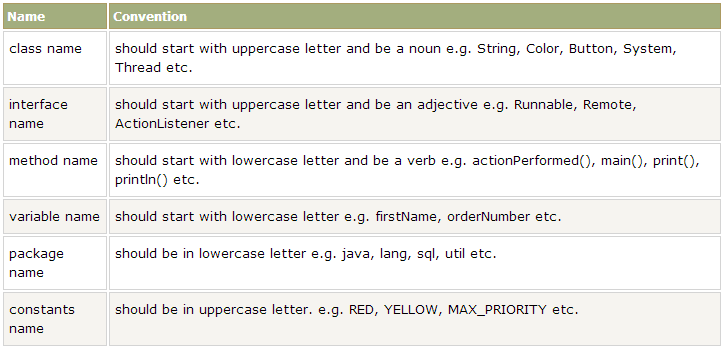
Package Names
Follow the reverse domain name notation (e.g., com.example.packagename) Use all lowercase letters and use periods to separate words Keep package names concise and descriptive (e.g., com.example.util vs. com.example.utility)Class Names
Start with a capital letter (PascalCase) Use meaningful names that reflect the class's purpose or functionality Avoid using abbreviations unless they are widely recognized (e.g., Map vs. HashMap) Keep class names concise and descriptive (e.g., Employee vs. EmployeeRecord)Method Names
Follow the same naming conventions as class names (PascalCase) Use meaningful names that reflect the method's purpose or functionality Avoid using abbreviations unless they are widely recognized (e.g., calculateAge() vs. calcAge()) Keep method names concise and descriptive (e.g., getEmployeeName() vs. retrieveEmployeeInformation())Variable Names
Start with a lowercase letter (camelCase) Use meaningful names that reflect the variable's purpose or functionality Avoid using abbreviations unless they are widely recognized (e.g., intCount vs. integerCount) Keep variable names concise and descriptive (e.g., employeeName vs. employeeIdentifier)Constant Names
Start with a capital letter (UPPER_CASE) Use meaningful names that reflect the constant's purpose or functionality Avoid using abbreviations unless they are widely recognized (e.g., MAX_INT vs. INTEGER_MAXIMUM_VALUE) Keep constant names concise and descriptive (e.g., PI vs. MATH_CONSTANT)Other Conventions
Follow Java convention for naming files (.java file extensions) and directories (lowercase letters with underscores instead of spaces) Use meaningful names for constructors, static variables, and interfaces Avoid using confusing or misleading variable names Keep your code readable by using meaningful names that accurately reflect the purpose or functionality of the codeBest Practices
Be consistent in your naming conventions throughout your project Use meaningful names that are easy to understand and relate to the context Keep your code organized and structured with well-named packages, classes, methods, and variables Avoid using reserved words (e.g., public, private, protected) as variable or method namesCommon Pitfalls
Using overly complex or long names that are difficult to read or understand Ignoring Java naming conventions for packages, classes, methods, and variables Using confusing or misleading names that can lead to confusion or errors in the codeBy following these guidelines, you'll be well on your way to writing clean, readable, and maintainable Java code. Happy coding!
What is the recommended naming convention for a Java module?

The recommended naming convention for a Java module depends on various factors such as the type of project, personal preference, and organizational standards. However, there are some general guidelines that can be followed.
According to Oracle's official documentation on Java modules, the recommended naming convention is based on the package name convention, which has been widely used in Java programming for many years. The convention consists of two parts: the organization name and the module name.
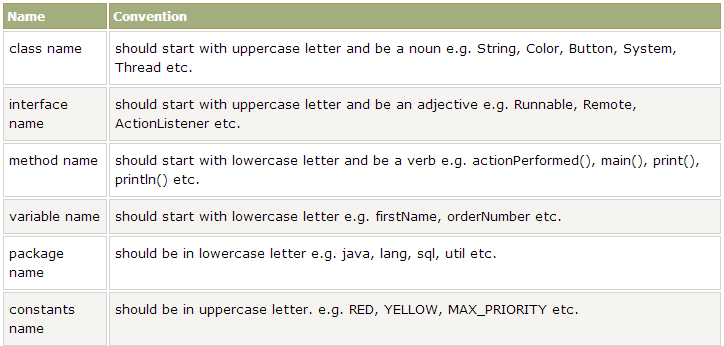
The organization name should follow the Reverse Domain Name Notation (RDNN) format, where each level of the domain hierarchy is reversed to create a unique identifier. For example:
com.example org.apache net.sunCorpThe module name should be a descriptive name that identifies the purpose or functionality of the module. It should be short and concise, with no spaces or special characters. For example:
utils dataaccess securityThe full qualified module name would then be:
com.example.utils org.apache.dataaccess net.sunCorp.securityThis naming convention is widely used in Java programming and helps to avoid naming conflicts and makes it easier for developers to find and use modules.
In addition, when naming a Java module, it's also important to consider the following best practices:
Be consistent: Use the same naming convention throughout your project or organization. Be descriptive: The module name should provide some insight into what the module does. Avoid ambiguity: Make sure the module name is unique and doesn't conflict with other modules. Follow standards: If you're working on an open-source project, consider following the same naming convention as established projects in the community.By following these guidelines and best practices, developers can create Java modules that are easy to find, use, and maintain.
References:
Oracle's official documentation on Java modules: https://docs.oracle.com/javase/9/modules/migrate-from-java-module-system-to-java-14.htm Java Module System Specification: https://jcp.org/en/jsr/detail?id=352